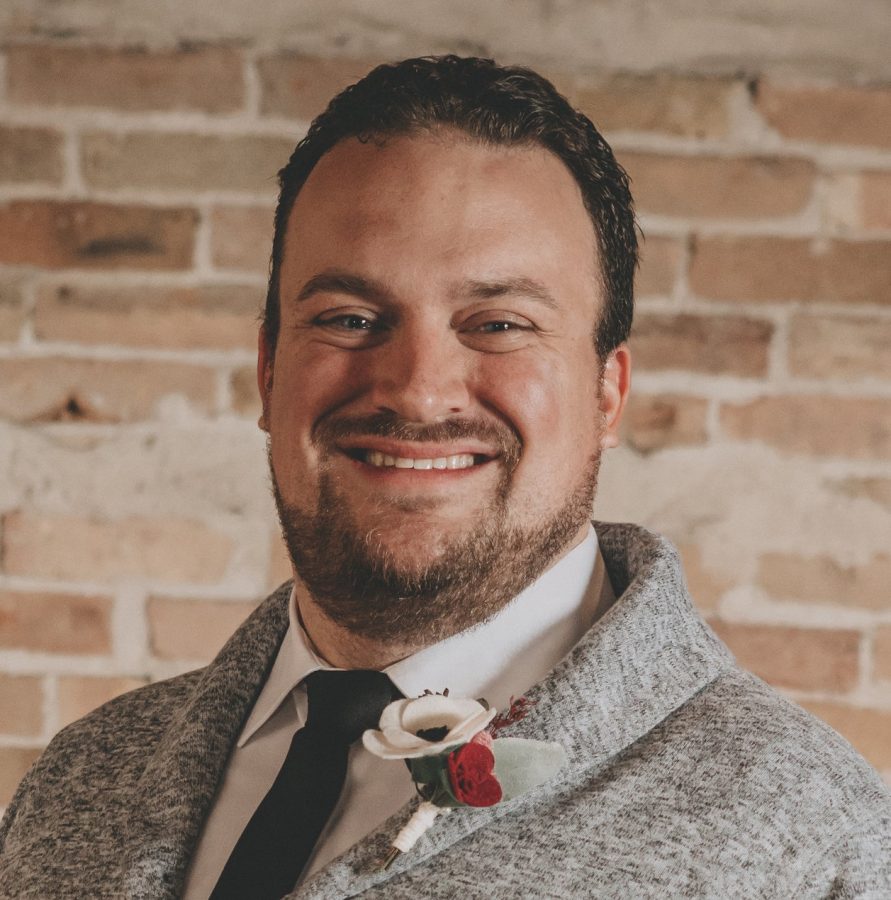Use your voice to advocate for your future, well-being and security
April 17, 2022
As we celebrate another Earth Day at UW-Whitewater, the UW-Whitewater Sustainability Office is excited for the return to our normal event schedule for Earth Month 2022! Please visit our website to see the remaining events we have planned in April.
I am often asked by students what we need to do to protect the environment and preserve a prosperous future. Students often feel powerless as individuals to make a difference and experience climate anxiety over the dire news of our changing world. It’s true, our small personal choices seem like they require sacrifice and global challenges are so much larger in scope. However, I am reminded often of the power contained in collective action and the student voice is a powerful motivator for faculty and staff charged with serving the needs of students.
On April 7, 2022, a group of passionate students from across the UW System petitioned the Board of Regents to act immediately to decarbonize our campuses. I encourage everyone to watch the video of this powerful representation. They joined my sustainability colleagues from the UW System to present potential solutions to move us in the right direction. The Board of Regents asked the students to “check up on them” every so often to make sure progress is made and they are held accountable.
The way this accountability happens is that students need to organize and keep this topic in the conversation here on campus. Climate change is the most urgent sustainability issue of our time and individual action is not enough. We need leadership to step up.
Students concerned about this issue should consider how to use their voice to advocate for your future well-being and security. Join the UW Divestment Coalition (UWDC) and remind campus leaders and shared governance representatives in WSG that this subject matters to you and leadership at all levels should explore all viable solutions as a priority. This is especially important in the next year as UW-Whitewater re-imagines its strategic direction for the next five years with a new Chancellor at the helm.
Of course, individual actions are an important aspect of sustainability because it models behavior for lowering our collective impact that has mutual benefits to the environment, economy, and social justice. Something as simple as turning off electronics and reducing our plug load is simple, everyday stuff that people can do with minimal extra effort. It lowers our carbon footprint, saves resources like fossil fuels and money, and fosters a culture of efficiency over waste that can permeate other areas for additional benefits.
While you are attending UW-Whitewater, you should also consider ways to get involved outside of the classroom. The Sustainability Grant offered by the Undergraduate Research Program will continue to offer an opportunity to students interested in asking sustainability research questions during the 2022-23 academic year. More information can be found on the URP website https://www.uww.edu/urp/grants#SustainabilityGrant.
April marks the beginning of various volunteer opportunities with the Sustainability Office. If you are interested in gardening, ecosystem restoration, or citizen science monitoring and/or want to offer your time and labor to maintain our ongoing programs in the Campus Garden, Upham Greenhouse, and Nature Preserve, please visit the “Students” tab on the UW-W Sustainability website to find links to our upcoming schedules. Attend SAGE, Gardening Club, or PEACE student org meetings to connect with like-minded students and begin those collective actions. Attend our events to engage with entertaining and informative content and network with others. Stay connected through our newsletter by emailing [email protected].
The biggest step in making a difference is showing up. Hope to see you at one of our future events and Happy Earth Day!













